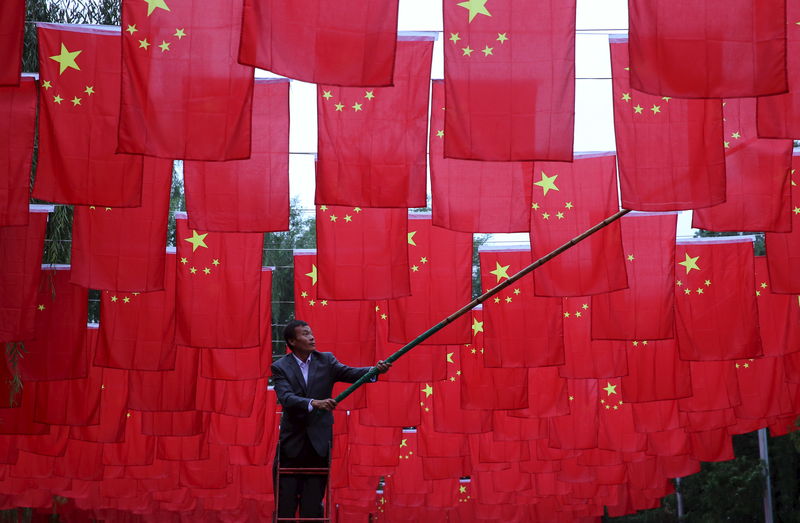Joby Aviation closes $591 million stock offering with full underwriter option
Investing.com-- Chinese manufacturing activity contracted for a second consecutive month in May as local businesses continued to grapple with the impact of steep U.S. trade tariffs, with a deescalation providing limited relief.
Growth in non-manufacturing activity was also seen deteriorating, although overall Chinese business activity improved mildly.
China’s manufacturing purchasing managers index read 49.5 for May, as expected, improving slightly from the 49 seen in the prior month. But the reading shrank for a second consecutive month, with a print below 50 pointing to contraction.
Local factories were hit by slower export orders, especially as steep U.S. trade tariffs weighed on overseas demand.
While China and the U.S. did agree to temporarily lower their respective trade tariffs in mid-May, the deescalation so far appeared to have provided limited support to Chinese businesses.
Non-manufacturing PMI read at 50.3 in May, missing expectations of 50.6 and weakening from the 50.4 seen in the prior month. While non-manufacturing activity, especially in the services sector, has shown some resilience, weak local spending and sluggish stimulus measures have weighed steadily in recent months.
This brought Chinese composite PMI to 50.4 from 50.2 in the prior month- a mild improvement, but in line with weak prints seen for at least the past year.
A trade war with the U.S. added to pressure on China’s economy, which was already grappling with sustained deflation and weak consumer spending. Beijing is expected to dole out more stimulus measures to offset this trend, although investors are holding out for targeted, fiscal measures aimed at reviving growth.
